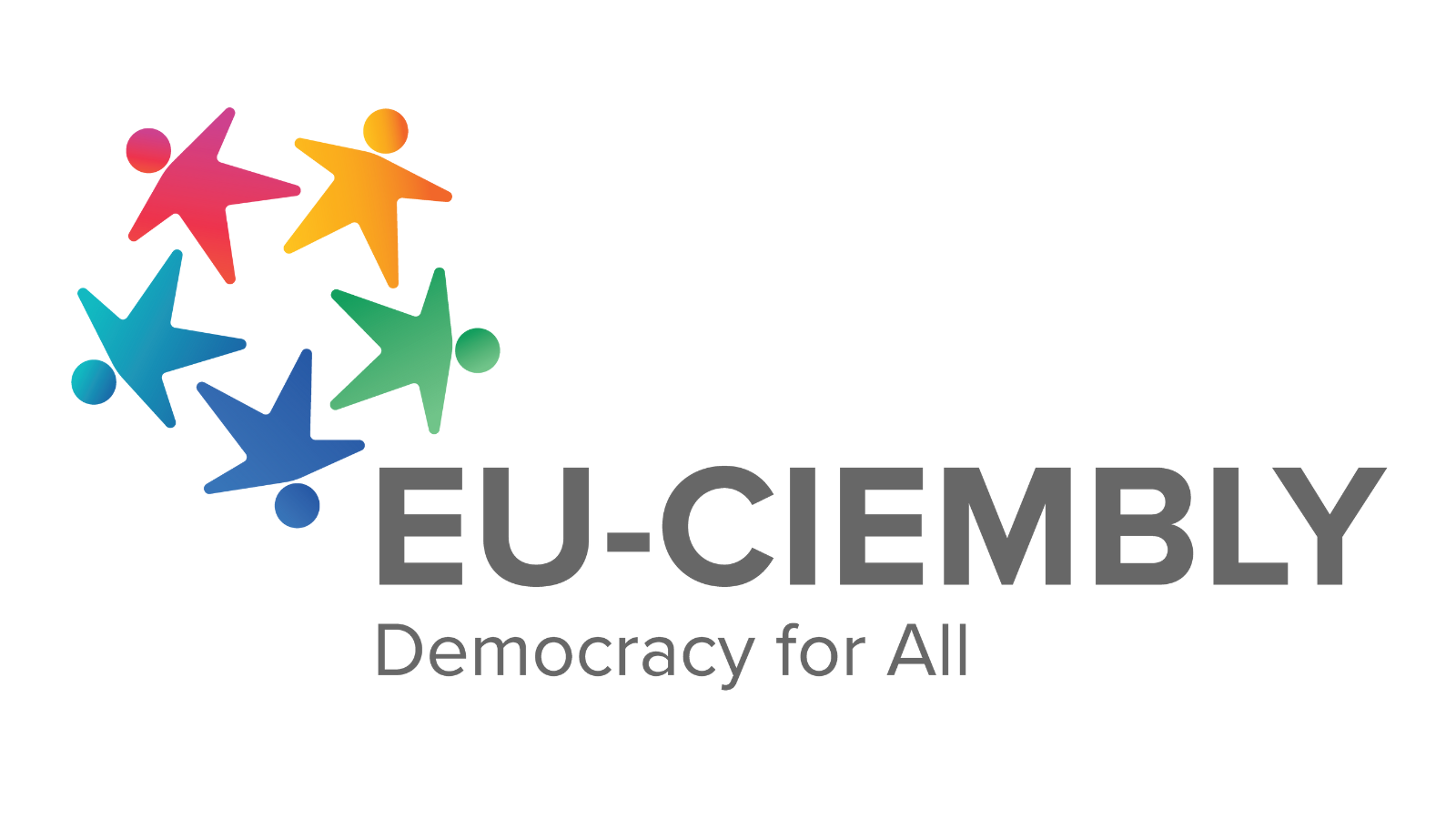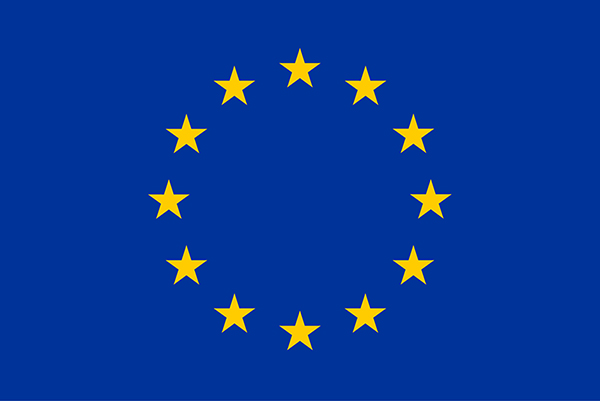Creating an inclusive European Citizens’ Assembly
Information about the EU-CIEMBLY Project and Partners.
Creating an inclusive European Citizens’ Assembly (EU-CIEMBLY) focuses on enhancing the participation of EU citizens in the political process through the development of an inclusive and equitable EU Citizens' Assembly.
While prior initiatives have explored avenues for increased citizen engagement within the EU, ensuring the inclusion of all groups, particularly those facing multiple, intersectional disadvantages, has often proven challenging. This project aims to address these shortcomings. At EU-CIEMBLY, we are dedicated to advancing the principles of intersectionality, inclusiveness, and equality in deliberative democracy.
The project
EU-CIEMBLY: Creating an Inclusive European Citizens' Assembly is an international research project funded by the European Union’s Horizon 2023 Research and Innovation Programme and will run from 2024 – 2027.
The objectives of the project are:
-
To develop a robust theoretical framework that underpins the intersectional nature of inequality within democratic innovations, particularly within the context of Citizens’ Assemblies.
-
To evaluate the existing practices to identify exclusionary mechanisms and power imbalances with an aim to generate recommendations for improvement, ensuring the inclusivity and equality of future assemblies.
-
To pilot a new approach for intersectional Citizens’ Assemblies by applying theoretical insights and lessons learned from evaluations.
-
To develop comprehensive guidelines and best practices for the design, implementation, and evaluation of intersectional Citizens’ Assemblies.
Partners
The project is Co-ordinated by the University of Coimbra, Portugal.
In addition to Dr Ritu Parna Roy (University of Waikato, Te Ngira), it includes researchers from:
-
European Citizen Action Service (Belgium)
-
University of the Witwatersrand, Johannesburg (South Africa)
-
Institute for Methods Innovation (Ireland)
-
ASPON Consulting Ltd (Cyprus)
-
University of Bergamo (Italy)
-
Victoria University of Wellington (New Zealand)
-
Make.org (France)
-
University of Essex (UK)

